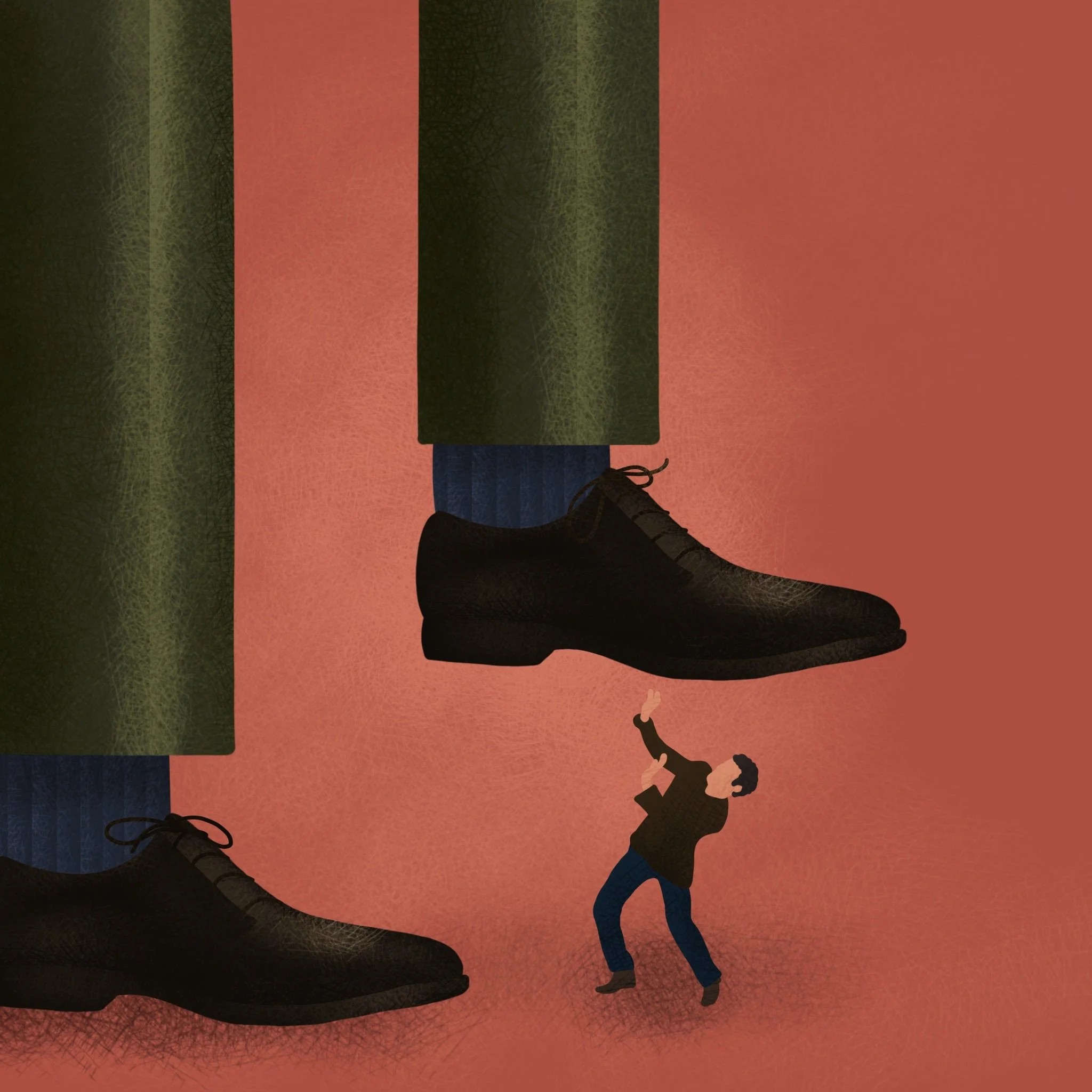Major Trade-Offs: A Holistic Education
Smaller departments at Santa Clara are the foundation of the holistic Jesuit education on which the curriculum is built.
While interviewing Dr. Laura Nichols, chair of the sociology department, I remembered why I declared a sociology major when I applied. Santa Clara’s value of Cura Personalis aligns with my passion and curiosity about social justice and social theory. I knew when I checked the box that I wasn’t on a straight line to a career in accounting. But I was willing to follow the voice that was pulling me to a career in social work, and sociology was how I was going to pursue this.
“I’m a sociology major,” I say.
“I’ve always wondered, what is sociology?” they say.
If I had to count on ten fingers how many times I’ve had this conversation over the past four years, I would need more hands.
It did not take long for me to notice the undertone of big business and big tech in my first and second years at Santa Clara. While the majority of my peers were declaring finance, computer science or communications majors sophomore year–all of which can lead to “practical” careers in software engineering, investment banking or public relations–I was curious what my conviction to be a sociology major would mean for me later on.
Illustration by Yael Grimaldi
I wanted to take courses in college that challenged my biases and broadened my understanding of different cultures and communities. I wanted to not only prepare myself for a career after school but become a more conscious, caring person. In sociology courses like “Globalization and Inequality” with Dr. Cara Chiaraluce and “Social Movements” with Dr. Margaret Hunter, I have been able to learn just that.
As a mid-to-small size department at Santa Clara, sociology classes draw a lot of students who are fulfilling classes for core requirements. Dr. Nichols works hard to strike a balance for sociology majors so that the majors aren’t re-learning concepts they already know for the sake of students who are simply fulfilling a requirement.
Grace Yonkers-Talz, a senior women and gender studies (WGST) and child studies double major, found the WGST department her freshman year, through her “Cultures & Ideas” core requirement.
“I’m coming out of this program with a broader sense of the world, and a more intersectional lens too,” Yonkers-Talz said. “I think that’s really special and not something you can get in all other majors.”
Like Yonkers-Talz, most students find smaller departments through core curriculum requirements. However, most business and engineering students have a structured four-year plan in their major with one or two humanities classes on the side.
Dr. Lee Panich, chair of the anthropology department, embraces the opportunity to teach students from other disciplines through the core requirements model.
“I teach a lot about the history of Santa Clara with the mission and native people that were forced in here,” Panich said. “Even if you're not an anthropology major, if you take a class, you will meet somebody in the community that makes you think about Silicon Valley–or the world–in a different way.”
While they may be small, departments with fewer students enrolled have room to build community and connect with others. Beyond the School of Arts of Sciences, small majors exist within the School of Engineering as well.
Lily Sieber, a senior civil engineering major, spoke fondly of her small major. Showing me a Christmas card taped to her refrigerator that the junior civil engineering majors sent her, Sieber said, “Having this smaller community where we support each other totally changed my whole experience here at Santa Clara.”
Dr. Sharmilla Lodhia, chair of the women and gender studies department, said that she often sees students from other schools come to her classes and get excited.
“It's meaningful to be in this space, where we can talk about these issues, because sometimes other spaces can be more alienating and challenging even if they’re fields students want to pursue,” Lodhia said. “In WGST classes, students can learn and actualize who they want to be in the world, in terms of whatever profession they're entering–whether it's the best doctor, the best therapist, the best lawyer, the best community activist or whatever it may be–with a deep understanding of who's being left out, who's being included and how we can address these challenges.”
This is an important aspect of higher education. Learning how to become a more conscious citizen is how you make a meaningful career, even if it means your entry-level job post-college doesn’t come with a six-figure salary. With that said, this view certainly comes from a place of privilege.
It's easy to take for granted Santa Clara’s mission to educate the whole person. When I think about the work I want to be doing five, ten or forty years from now, though, I am certain that my education in sociology will be integrated into how I live my life.
